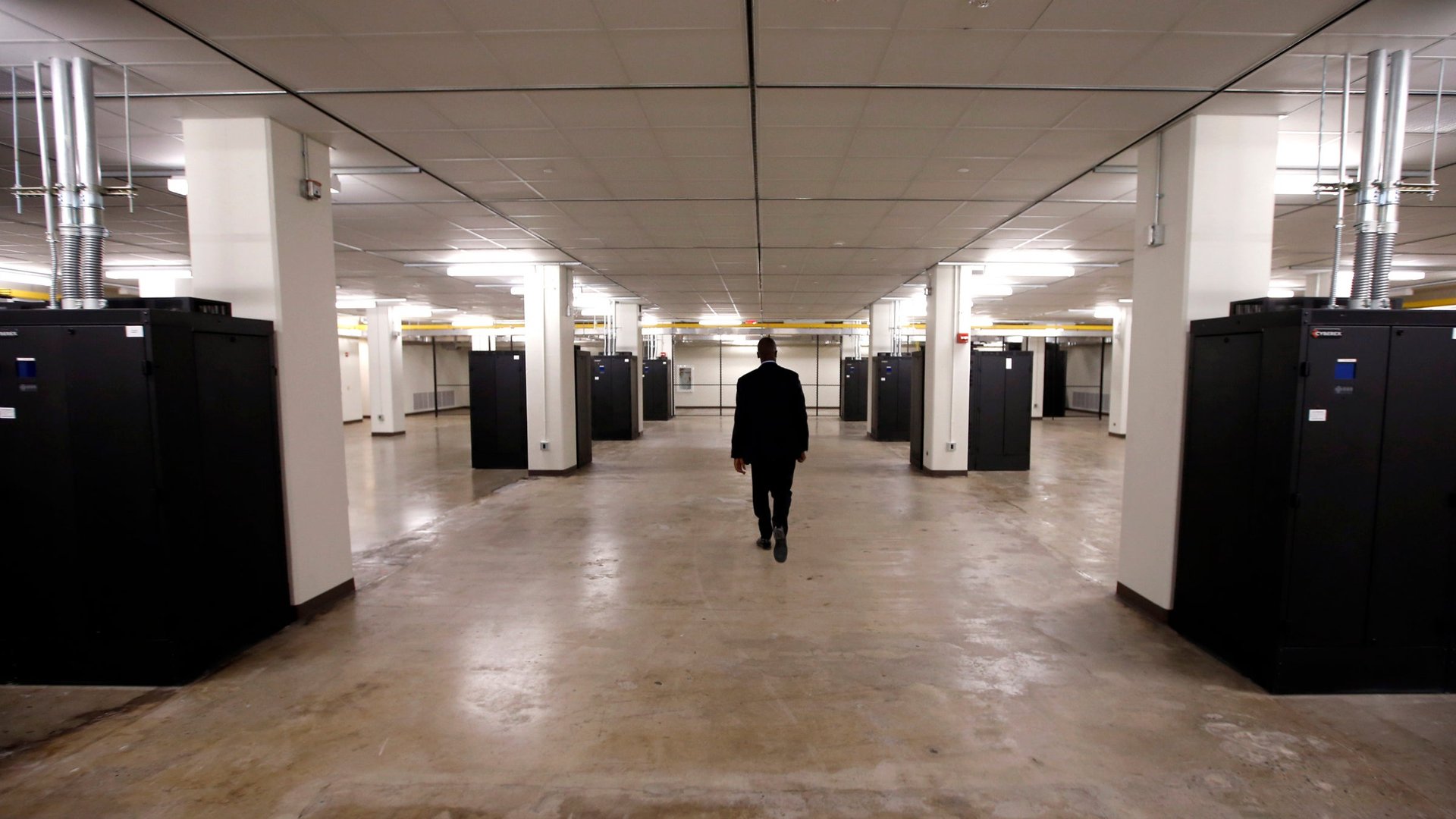The data economy is actually a lot bigger than you think
It’s become conventional wisdom among pundits that the tech and data boom is generating lots of wealth, but not much in the way of jobs or economic growth. The skeptics point to lack of job gains in the “information” sector, as defined by the Bureau of Labor Statistics, and to the country’s sub-2 percent GDP growth figures.


It’s become conventional wisdom among pundits that the tech and data boom is generating lots of wealth, but not much in the way of jobs or economic growth. The skeptics point to lack of job gains in the “information” sector, as defined by the Bureau of Labor Statistics, and to the country’s sub-2 percent GDP growth figures.
But as the U.S. shifts to a data-driven economy, the benefits of fixed and mobile broadband are showing up in ways that are not counted by traditional statistics. For just one example, take the number of jobs generated by the development and deployment of mobile apps. According to a new calculation by the Progressive Policy Institute, employment in the App Economy now comes to 752,000 jobs, up roughly 40% over the past year. This is a conservative estimate, based on tracking online help-wanted ads.
Auto companies are hiring software developers and testers to turn their vehicles into highly connected data platforms. Drugstores are going online to let their customers know when prescriptions are ready. Hospitals are ramping up their employment of clinical data managers to help handle the shift to electronic health records. Bed and breakfasts have shifted their entire booking operations online, driven by digital ads.
More broadly, demand for tech workers in the New York City region outstrips every other metro area, including San Francisco and San Jose, according to figures from The Conference Board. That reflects demand in finance, advertising, and media.
The data-driven economy is built on several pillars: Broadband providers, mobile phone operators, and other communications companies are investing almost $100 billion annually to vastly improve their networks. Makers of smartphones, routers, sensors, wireless medical gear, and the like are upgrading and extending the capabilities of their equipment. Meanwhile new applications and uses are coming out of app developers, online game and entertainment companies, web companies like Facebook and Google, content providers, electronic health record providers, and “Internet of Everything” companies that connect the physical world with the data world. Tableau Software, a Seattle-based data visualization company that just went public, increased its full-time employees from 188 to 749 from the end of 2010 to the end of 2012.
What’s more, data is also the fastest-growing component of trade. Consider the United States and Europe: telecom providers have doubled transatlantic cable capacity over the past five years, according to figures from Telegeography. Meanwhile imports and exports of goods and services between the U.S. and Europe are barely above pre-recession peaks.
These flows of data do not show up in the monthly trade report released by the Census Bureau and the BEA. Indeed, most of the growth of data domestically is not counted in the economic statistics either. For example, fixed broadband traffic in North America rose by 39% in the first half of 2013 over a year earlier, according to Sandvine, a Canadian-based network management company. This number does not show up in any official measures.
Will all this growth continue? People still remember the tech bust of the early 2000s, when the unemployment rate in Silicon Valley surged to over 9 percent. This time, though, the surge in data-related jobs is not likely to stop soon. A 2010 policy brief from the Progressive Policy Institute showed that the jobs and industries that grow during a recession are the ones that lead the expansion, and that’s exactly what is happening here.
Before the financial crisis, the housing and debt boom made the U.S. economy look better than it really was, especially housing construction is very visible and easy to measure. By contrast, we may be in the opposite situation now. Data is intangible and difficult to count, so the benefits of the tech and data boom may be underestimated.
Michael Mandel is chief economic strategist at the Progressive Policy Institute.